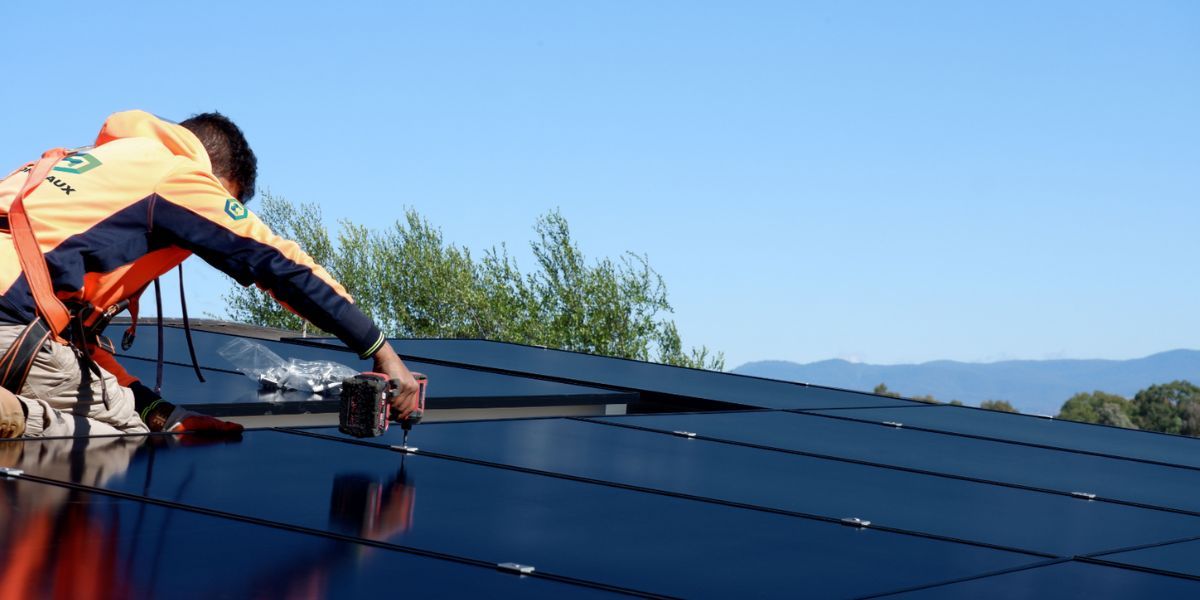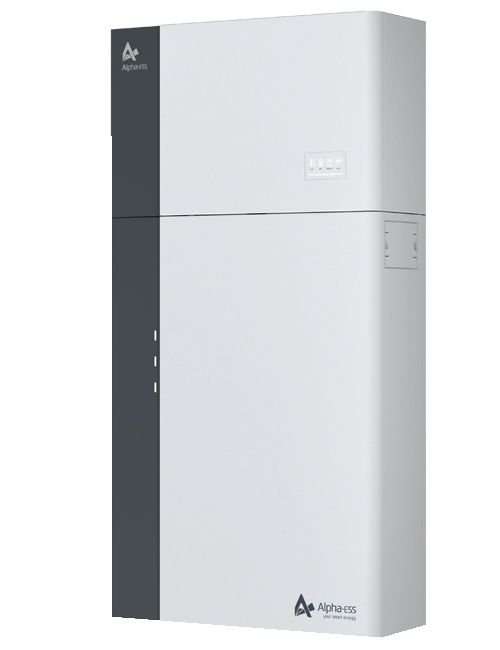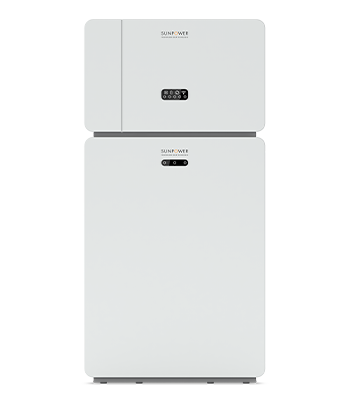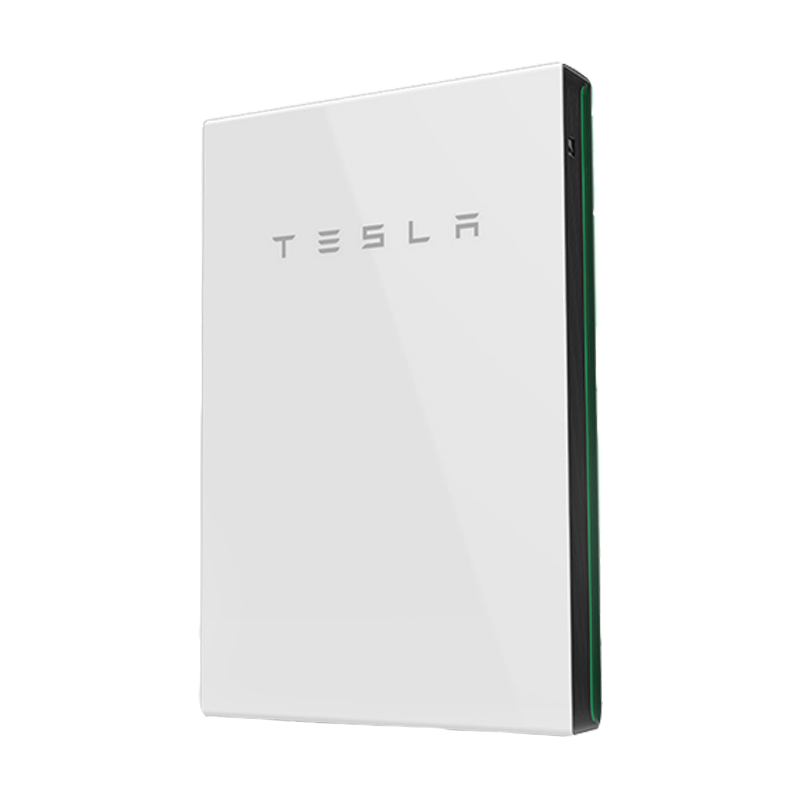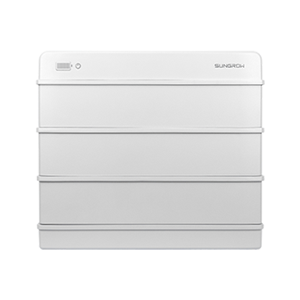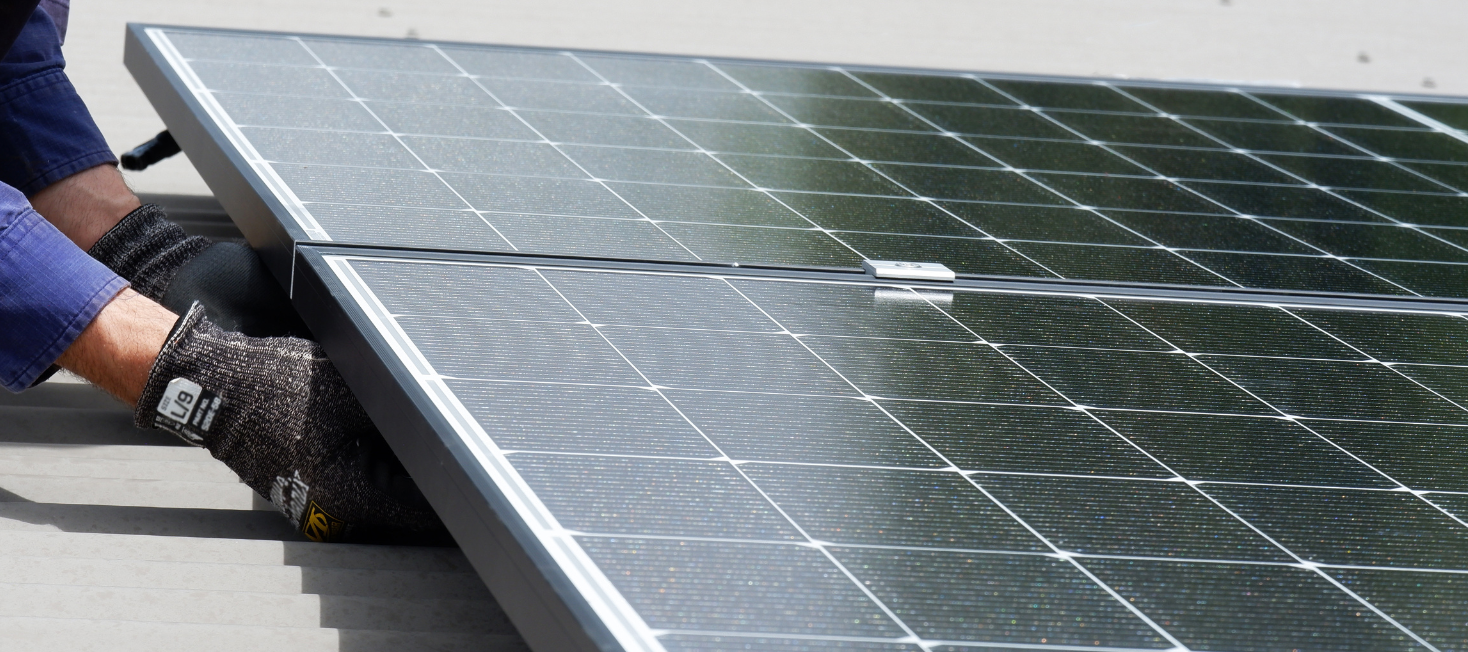How to Buy the Best Solar Battery Storage
Solar batteries are a great way to supplement your solar system. They have the potential to dramatically change your solar system and make it far more self-sufficient. It is vital to consider that solar batteries are also a costly option. But no doubt, these are worthwhile investments. Also, due to their exorbitant prices, you should determine which battery will best complement your solar system.
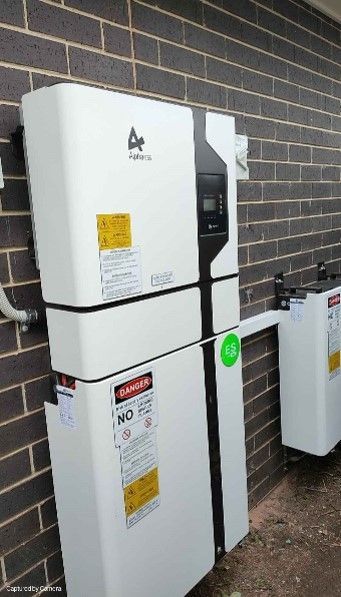
“It is crucial to know that if you don’t find the right battery for your system, you won’t get nearly as much value from your significant investment”.
The following 12 points are some considerations that can assist you in making an informed decision about solar battery storage.
1. Battery Size
Before purchasing a battery for your system, it is critical to assess your needs based on the size of your solar panels. The existing knowledge of the required battery dimensions is necessary. You must first determine the size of your solar panel arrays. Small-size batteries operate pretty well with small-size solar panels arrays. While large solar arrays also necessitate larger batteries.
2. Reliability of Solar Battery
Batteries are an exorbitant investment. Thus, their reliability is critical. When purchasing a battery for your solar system, it is vital to ensure that the battery is from a reputable source. A reputable organization will assist you in reducing your risk.
3. Cycle Life
This cycle life is critical since it indicates how long your battery can charge and discharge before becoming unusable. It is yet another significant element that can assist you in making an informed purchase selection.
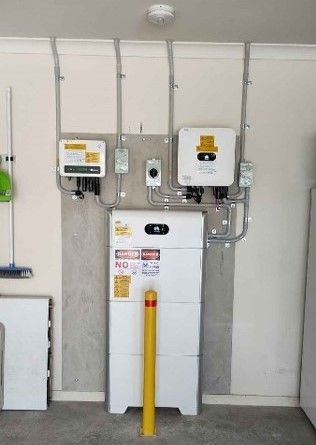
“The cycle life of the majority of batteries is 4000 cycles”.
It provides people a charge time of 4000 cycles on average. It usually takes ten years to complete these many cycles. So, the cycle life of the majority of the batteries is ten years.
4. Warranty
The guarantee promises the buyer that the system will perform flawlessly for the specified period. And if it fails to do so, the company will replace it at no cost. It is a very significant feature for reducing consumer risk. Usually, companies promise a warranty based on the cycle life of batteries. As a result, the business often provides up to a ten-year warranty on its batteries. Purchasing a battery under an extended warranty can help the customer lower their risks.
5. Functionality
Before making any preparations to purchase a battery, it is critical to evaluate its functionality. The functionality must be tailored to your requirements. If you require backup power from your battery, it must be capable of doing so. However, not all batteries are capable of doing so.
6. Capacity
The overall capacity of a battery is the highest amount of energy it can hold. Kilowatt-hours are the units of measurement. The terms nominal and usable capacity describe capacities. The nominal capacity of a battery refers to the quantity of energy it can store. The battery’s useable capacity refers to the amount of energy it has available for use. It’s essential to understand how much capacity your system requires. It will determine how well your solar battery performs.
7. Depth of Discharge
It represents the most significant quantity of energy that can be extracted from the battery storage without compromising the system’s overall performance. It is vital to consider this when choosing any battery.
8. Power
Knowing what power your existing system requires is vital before purchasing a battery. The maximum capacity that a battery can deliver at any given time is the power of a battery. The unit used to express “power” is kWh. The power of your purchased battery must be in accordance with the needs of your solar system.
9. Efficiency
The efficiency of a battery is measured by its ability to charge or discharge to its full rated capacity. The majority of the batteries have a round-trip efficiency of 90 percent. It’s critical to understand your battery’s efficiency and whether or not it’s adequate for your system before making a purchase.
10. Temperature Range
Each battery is unique and has its own temperature range. In fact, depending on how batteries are manufactured, they can work in various temperatures. The term “ambient temperature” refers to the temperature of a battery. When it comes to temperature, Lithium batteries are usually the best. Also, these batteries can be used at a variety of temperatures. It is essential to know where it is desired for the battery to operate to find the best temperature range for your battery.
11. Types of Batteries
Customers now have a plethora of options to choose from in the market. There have been numerous battery alternatives available in the market. Most lithium batteries are the best for residential use since they perform in a wide temperature range and have a long life period. On the other hand, lead-acid batteries are less expensive but are sensitive to temperature changes. Furthermore, these batteries are large and have a short lifespan. Flow batteries are an excellent Lithium battery substitute. These batteries are also highly efficient and can operate at a wide range of temperatures. But these batteries come at exorbitant prices and also require high maintenance. There are numerous brands available in the market that are manufacturing different types of batteries.
12. Regional Presence
It’s always better to choose a battery with a local presence. If you’re living in Canberra it is usually preferable to get your system from someone based in Canberra. As if it is in Canberra, speaking with local installers is always easier than with folks from other places.
The local Canberran company Mondiaux Solar is committed to giving the best service possible to its clients. At Mondiaux, we believe in offering the most incredible installation services to our customers and assisting them in selecting items that meet their specific requirements. Contact our team right away if you’re unsure which battery is appropriate for your home. Our knowledgeable staff will help elucidate what is best for you. Call us at 1300 911 110 or visit our website for more queries.
Share Post
